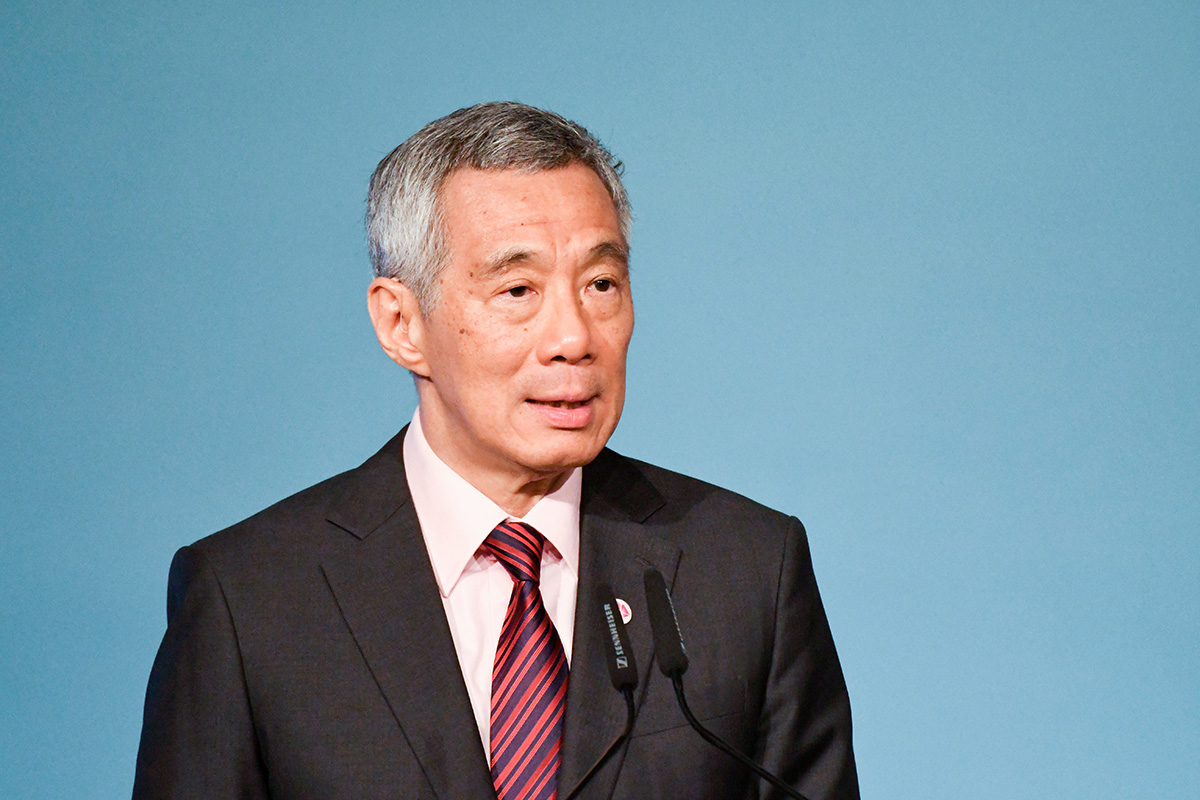Singapore’s chairmanship of the Association of Southeast Asian Nations (ASEAN) this year is best encapsulated in two words – resilience and innovation.
On Saturday, at the opening ceremony of the 32nd ASEAN Summit, Singaporean Prime Minister and ASEAN chair, Lee Hsien Loong articulated that bold vision.
He stressed that amid changing geopolitical realities at an international and regional level, ASEAN would have to rapidly adapt or risk falling into irrelevance. Lee also singled out the growing US-China trade tensions as “worrying concerns” as the global political mood is seemingly going against the norms of free trade.
He also added that ASEAN countries would have to align differing political and economic interests in order to build a coherent regional grouping. It is vital for the association to remain forward looking and relevant so as to continue serving as the fundamental architecture of the region.
How can ASEAN achieve this?
Lee pointed to ASEAN’s steadfast principle of centrality as a primary tenet.
“ASEAN can only maintain its centrality if it is a substantial endeavour. If its members see value in the shared enterprise,” he said.
He also cautioned against abandoning that sacred principle which has been enshrined in the association’s normative ways since its inception.
“The alternative of a looser ASEAN, where each member state is left to fend for itself and goes its own separate way will make ASEAN less relevant not only to its members but to its partners and other powers,” he warned.
He remarked that for every ASEAN state to make an impact individually would be a tall order. Hence, to be effective, they must speak “in one collective ASEAN voice.” However, he reminded the audience that for ASEAN to be as such, the association should intensify its integration and community building efforts.
He also explained this year’s chairmanship theme of resilience and innovation which best captures the reality of the world we live in today. Lee pointed to conventional and unconventional threats like terrorism and cyber-attacks which he says, ASEAN needs to be resilient against.
“Southeast Asia is at peace, but these threats are very real,” he cautioned.
At the same time, he said that ASEAN countries should be innovative and wield technology as an important tool towards growing their respective economies. Moreover, if ASEAN members are able to cooperate in this effort, the ASEAN Community can be further strengthened.
On Friday, ASEAN leaders adopted a joint statement, articulating a common vision for a resilient and innovative ASEAN, based on a collaborative assessment of the changing economic and political landscape. This statement is meant to be the guiding document to achieve the associations goals for 2018.
“It sets out the key principles that underpin our collective vision and affirms our commitment to build a resilient and innovative ASEAN for the future and identifies concrete initiatives that ASEAN will undertake to realise this vision,” Lee surmised.
ASEAN leaders agreed to foster deeper cooperation in areas including cybersecurity, border management, counterterrorism and radicalism, sustainable development and economic integration, among others.
Lee noted that two statements were adopted by ASEAN leaders on the same day. The first was one on cyber security in order to ensure a “peaceful, secure and resilient cyberspace.”
The second was on the launch of the ASEAN Smart Cities Network – one of the primary goals on Singapore’s chairmanship agenda. Thus far, 26 cities across the region have been named as pilot cities for the project.
Lee added that valuable work is being done under the three ASEAN Community pillars including the Model ASEAN Extradition Treaty, the ASEAN Single Window and the Masterplan on ASEAN Connectivity.
He also announced several initiatives under Singapore’s chairmanship to bolster the ASEAN Community. One of it is the ASEAN Law Academy, an annual training workshop for ASEAN officials and those in the legal field to promote ASEAN legal integration and education.
The Singapore ASEAN Youth Fund will also be renewed to promote youth empowerment in the region. The fund will be provided with a US$3.8 million (SG$5 million) top-up grant. ASEAN youth will also be connected further via an e-sports tournament – the first of its kind in the region – as well as a fellowship program to build a network of young leaders throughout the ASEAN region which would help strengthen the ASEAN Community further.
This work, Lee said, “…will position ASEAN for the future, and strengthen ASEAN’s value proposition to external partners.”
After the opening ceremony, ASEAN leaders will head off to a retreat session for a more informal meeting between the heads of governments.
